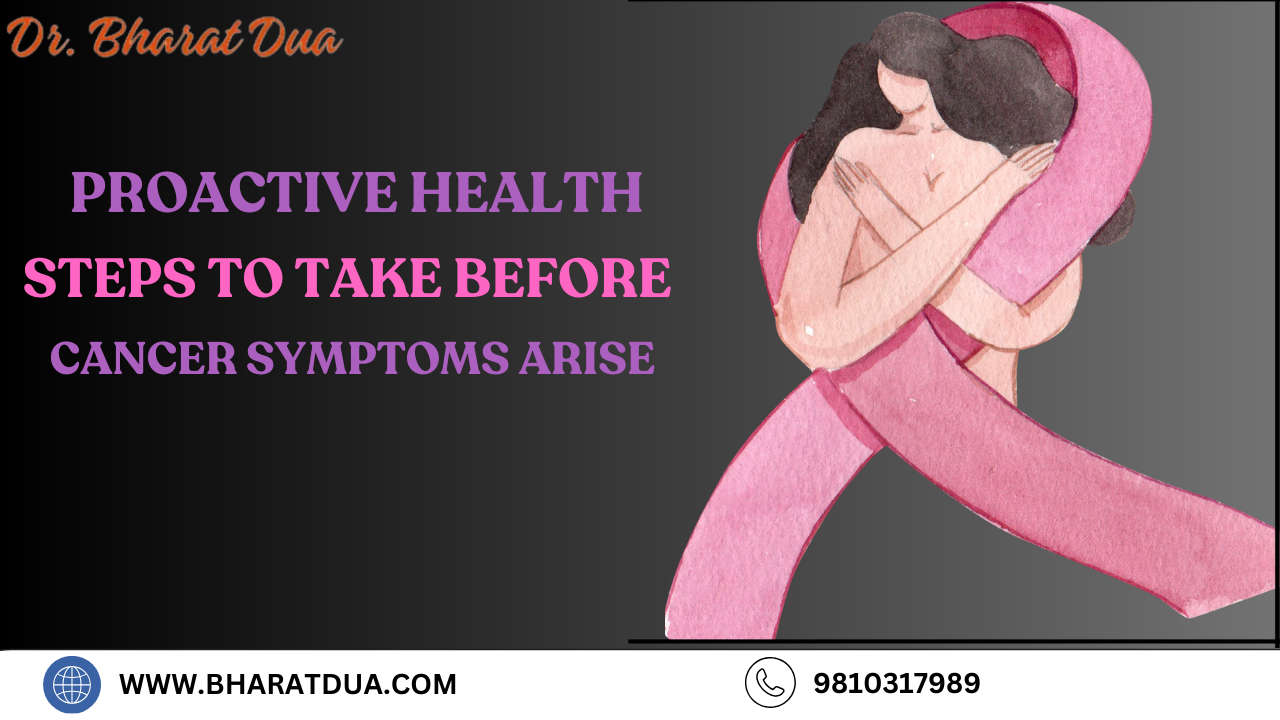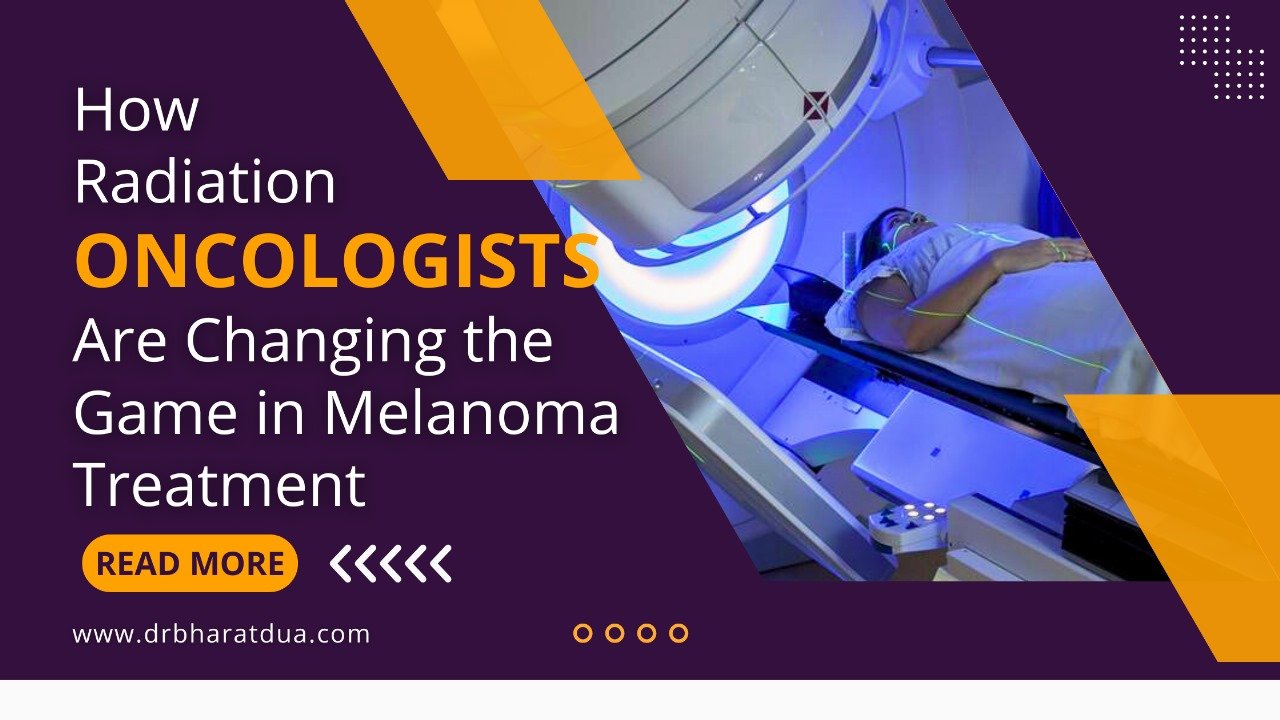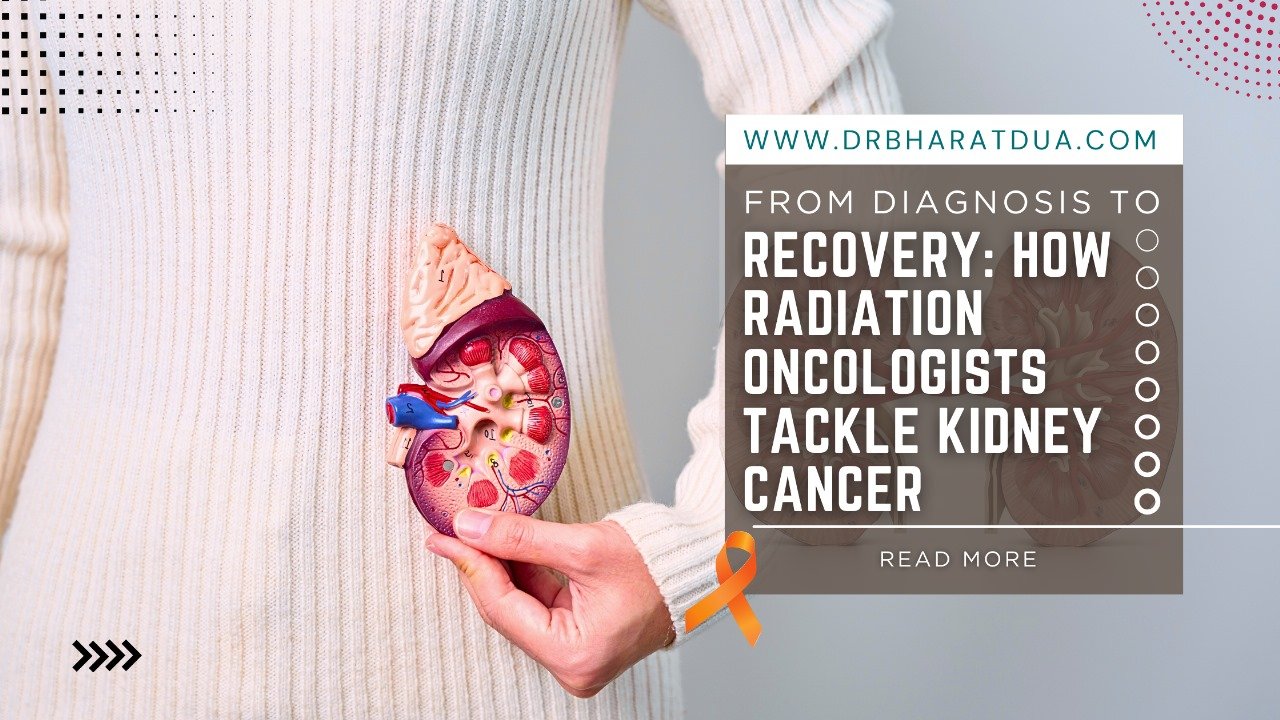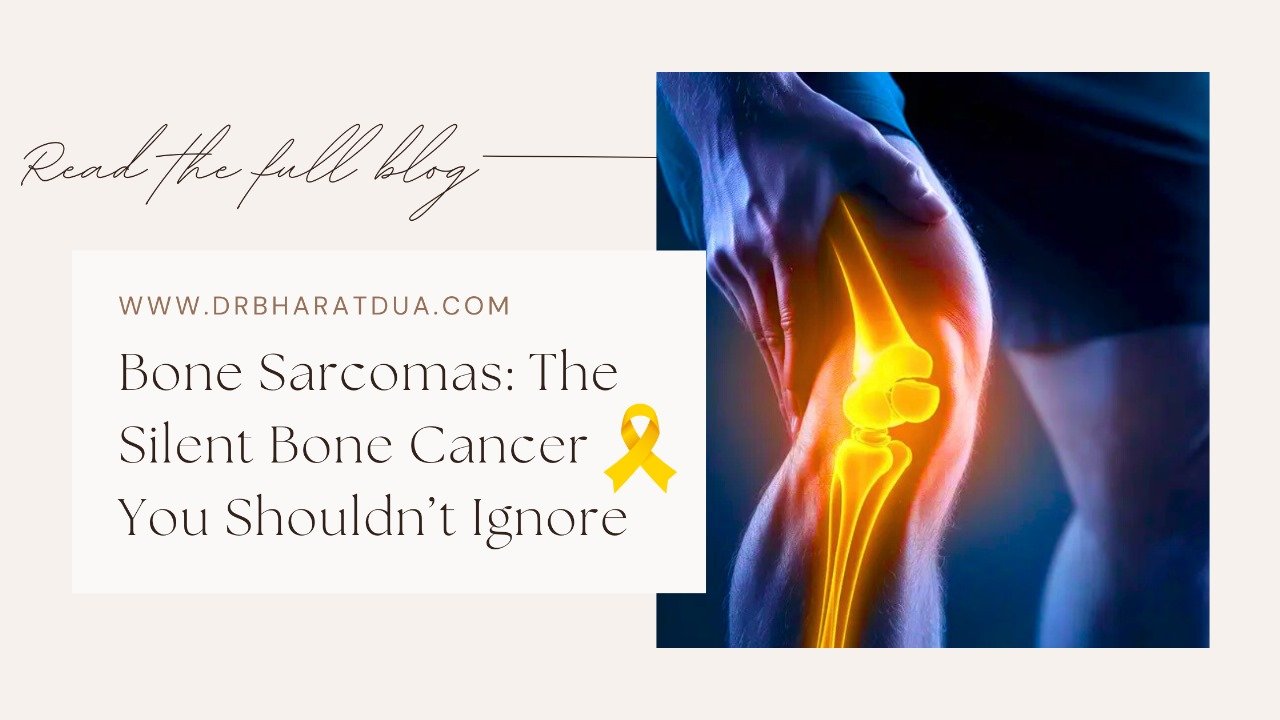Cancer is a disease that affects millions of people worldwide, but the good news is that many cancers can be prevented or detected early through proactive health measures. While symptoms often prompt individuals to seek medical attention, taking steps before symptoms arise can significantly reduce your risk and improve outcomes. Cancer we’ll explore actionable steps you can take to stay ahead of cancer risks and prioritise your long-term health.
. Regular Health Checkups and Screenings
One of the most effective ways to stay proactive about your health is through regular medical checkups and age-appropriate cancer screenings. Early detection is key to successful treatment, and many cancers, such as breast, cervical, and colorectal cancer, can be identified in their early stages through routine screenings.
- Mammograms: Recommended for women over 40 to detect breast cancer early.
- Pap Smears: Essential for cervical cancer screening in women aged 21–65.
- Colonoscopies: Advised for adults over 45 to screen for colorectal cancer.
- PSA Tests: For men to screen for prostate cancer, depending on age and risk factors.
Consult your healthcare provider to determine which screenings are right for you based on your age, gender, and family history.
. Know Your Family History
Your genetic makeup plays a significant role in your cancer risk. If you have a family history of cancer, it’s important to share this information with your doctor. Certain cancers, such as breast, ovarian, and colorectal cancer, can be linked to inherited genetic mutations like BRCA1 and BRCA2.
- Genetic Testing: If you have a strong family history, consider genetic counseling and testing to assess your risk.
- Personalized Prevention Plans: Based on your genetic risk, your doctor can recommend tailored prevention strategies, such as increased surveillance or preventive surgeries.
. Adopt a Healthy Lifestyle
Lifestyle choices have a profound impact on cancer risk. By making healthier choices, you can significantly reduce your chances of developing cancer.
- Diet: Focus on a balanced diet rich in fruits, vegetables, whole grains, and lean proteins. Limit processed foods, red meat, and sugary drinks.
- Exercise: Aim for at least 150 minutes of moderate exercise per week. Physical activity has been shown to reduce the risk of several cancers, including breast and colon cancer.
- Avoid Tobacco: Smoking is the leading cause of lung cancer and is linked to many other cancers. If you smoke, seek help to quit.
- Limit Alcohol: Excessive alcohol consumption increases the risk of cancers such as liver, breast, and esophageal cancer. Stick to moderate drinking guidelines (one drink per day for women, two for men).
. Protect Yourself from Environmental Risks
Environmental and occupational exposures to carcinogens can increase your cancer risk. Take steps to minimize these exposures:
- Sun Protection: Use sunscreen with SPF 30 or higher, wear protective clothing, and avoid excessive sun exposure to reduce the risk of skin cancer.
- Avoid Harmful Chemicals: Be mindful of exposure to asbestos, radon, and other carcinogens in your home or workplace.
- Air Quality: Reduce exposure to air pollution by staying indoors on high-pollution days and using air purifiers if necessary.
. Stay Informed About Early Warning Signs
While the goal is to prevent cancer before symptoms arise, it’s also important to be aware of potential warning signs. Early detection can make a significant difference in treatment outcomes. Best Cancer Doctor in Gurugram. Common symptoms to watch for include:
- Unexplained weight loss
- Persistent fatigue
- Unusual lumps or swelling
- Changes in bowel or bladder habits
- Persistent cough or hoarseness
- Unexplained bleeding or bruising
If you notice any of these symptoms, consult your doctor promptly.
. Vaccinations
Certain vaccines can protect against infections that are linked to cancer. For example:
- HPV Vaccine: Protects against human papillomavirus, which can cause cervical, anal, and throat cancers. Recommended for both males and females aged 9–26.
- Hepatitis B Vaccine: Reduces the risk of liver cancer caused by hepatitis B infection.
Talk to your healthcare provider about which vaccines are appropriate for you.
. Mental and Emotional Well-being
Stress and mental health can indirectly impact your cancer risk by influencing lifestyle choices and immune function. Prioritize your mental well-being by:
- Practicing stress-reduction techniques like meditation, yoga, or deep breathing.
- Seeking support from friends, family, or a mental health professional if needed.
- Maintaining a healthy work-life balance.
Conclusion
Taking proactive steps before cancer symptoms arise is one of the most powerful ways to protect your health. By staying informed, adopting a healthy lifestyle, and prioritizing regular checkups, you can significantly reduce your risk and catch potential issues early. Remember, prevention and early detection are your Best Cancer Doctor in Gurugram .
FAQs
1. How often should I get cancer screenings?
The frequency of screenings depends on your age, gender, and risk factors. Consult your healthcare provider for a personalized screening schedule.
2. Can a healthy lifestyle really prevent cancer?
While no lifestyle can guarantee complete prevention, healthy habits like a balanced diet, regular exercise, and avoiding tobacco can significantly reduce your risk.
3. What should I do if I have a family history of cancer?
Share your family history with your doctor, who may recommend genetic testing or more frequent screenings to monitor your risk.
4. Are there any vaccines that prevent cancer?
Yes, the HPV vaccine protects against several cancers, and the hepatitis B vaccine reduces the risk of liver cancer.
5. What are the most common early signs of cancer?
Common signs include unexplained weight loss, fatigue, lumps, changes in bowel or bladder habits, persistent cough, and unusual bleeding.
6. How can I reduce my exposure to environmental carcinogens?
Use sunscreen, avoid harmful chemicals, test your home for radon, and limit exposure to air pollution.
By taking these steps, Best Cancer Treatment in Gurugram you can empower yourself to stay ahead of cancer risks and prioritize your long-term health.


 Discover how radiation oncologists are advancing melanoma treatment with targeted radiation, modern tech, and powerful therapy combinations.
Discover how radiation oncologists are advancing melanoma treatment with targeted radiation, modern tech, and powerful therapy combinations. Kidney cancer starts when abnormal cells in the kidneys grow uncontrollably. Most cases are renal cell carcinoma, accounting for nearly 90% of diagnoses.
Kidney cancer starts when abnormal cells in the kidneys grow uncontrollably. Most cases are renal cell carcinoma, accounting for nearly 90% of diagnoses. Discover everything about bone sarcomas, from symptoms and causes to diagnosis, treatment, and survival rates. Know the early signs to act early.
Discover everything about bone sarcomas, from symptoms and causes to diagnosis, treatment, and survival rates. Know the early signs to act early.